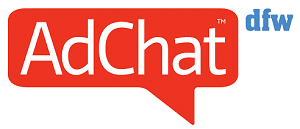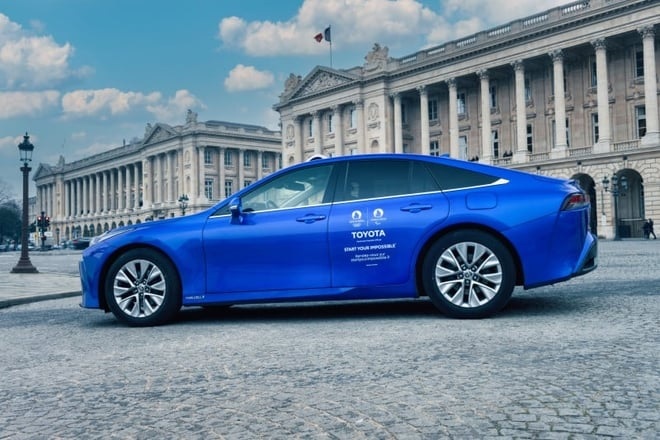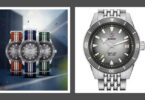Source Ad Age By Georgia Hall.
On air and on the ground, Toyota will be ever-present in what is rumored to be its last Olympic Games, following concerns about how sponsorship funds are being spent
Cars honk in packed streets, excited spectators line the Seine and amid the Parisian hustle and bustle, Toyota’s fuel cell vehicles are splicing through the noise of the 2024 Olympic and Paralympic games.
“You will not be able to miss Toyota in the city of Paris during the games,” said Brock Cartlidge, manager of sports sponsorship marketing at Toyota.
Toyota Motor Corp., the International Olympic Committee’s Worldwide Mobility Partner, is pulling out all the stops with its fourth “Start Your Impossible” advertising campaign. From hybrids to fuel cell vehicles and athlete partnerships, the company is investing heavily to showcase its innovation and commitment to mobility at the Olympic Games.
But this costly sponsorship appears to be approaching its final act.
In May, Japanese news agency Kyodo reported Toyota didn’t like how its sponsorship money was being used by the IOC. Citing sources “close to the matter,” Kyodo said the funding was “not used effectively to support athletes and promote sports” and that Toyota was moving to end its exclusive sponsorship. Under the $835 million deal, as valued in 2015, the world’s largest automaker held global partnership rights, which barred other automakers from sponsoring national teams throughout the games.
The worldwide mobility sponsorship category has traditionally been among the most expensive and largest within Olympic sponsorships, said Rick Burton, professor of sport management at Syracuse University. If the Olympics were “to lose Toyota and not have backfills almost immediately, it would put a serious dent in the IOCs operating budget,” Burton said.
“There was a lot of push back and discomfort in Japan that the Olympics were held, despite the COVID-19 pandemic,” Burton said, citing a possible reason for the partnership ending.
In the past, the Olympics have been sponsored by Nissan, Volkswagen, BMW, Mini and General Motors. Although few have held a position as prominent as Toyota’s, it remains uncertain whether a new automaker will pay as much for the luxury of holding one of the highest sponsorship titles.
The past three summer and winter Olympic competitions have been held in Asia — Pyeongchang, Tokyo and Beijing — making Toyota’s sponsorship geographically logical due to its headquarters’ location, said Whitney DeMercurio, VP of account management for Marketing Arm. This has allowed key executives to target markets and make investments that fit regional marketing strategies.
Going for gold and green
In recent years, the Olympics and Paralympics have increasingly promoted sustainability, and Toyota’s Paris EV fleet aligns perfectly with this environmentally focused agenda.
However, Toyota’s Cartlidge said the partnership for the 2024 games will not only showcase vehicles but also strategically build brand affiliation.
“There’s a synergy that exists between mobility and sport,” he said. “This is about understanding Toyota as not just an automotive company, but rather a mobility company.”
The automaker kicked off the campaign in April with an ad called “Send off.” The “Start Your Impossible’ theme highlights Toyota’s respect for diverse local cultures and the pivotal role communities play in the athletes’ journey,” Toyota stated. The campaign, which includes 20 Olympic and Paralympic athletes, will run on TV, digital video, paid social, out of home and programmatic advertising, according to the automaker. It is a collaborate effort from Saatchi & Saatchi (Los Angeles and Dallas) and Dentsu (Tokyo).
Toyota has supplied 2,650 electrified passenger vehicles for use during Paris 2024, transporting athletes, officials, volunteers and spectators around the city. The athletes’ village will also feature 50 electric scooters.
Planet-friendly, low-polluting vehicles in Paris are an expected part of Toyota and the IOC’s brand building, Burton said.
“Every time a city bids to host the Olympics, the IOC more or less requires that they leave a legacy behind for the children of tomorrow,” he said.
Additionally, Toyota will introduce 10 different uses of hydrogen fuel technology throughout the competition. This includes leasing hydrogen-powered city buses to Paris and providing retrofitted coaches for Toyota’s hospitality, according to Cartlidge.
More than 1,000 Mirai hydrogen-powered vehicles will be in the streets of Paris, with 500 designated as part of the official Paris 2024 Fleet. The Toyota Crown FCEV will serve as the marathon car, and a prototype FCEV Hilux will support equestrian Olympic events.
High risk, high reward
From on the ground to on the air, sponsoring the 2024 Paris Olympic and Paralympic Games is a costly endeavor for Toyota, but it offers a unique opportunity to reach a massive audience.
More than 3 billion people tuned in to watch the Tokyo Olympics — nearly half the world’s population — and with Paris seen as a more favorable broadcast time zone, viewership is expected to be higher.
“This is truly the only time we have a global campaign across all distributors around the world,” Cartlidge said. As a global brand, reaching so many people can significantly boost Toyota’s image across markets. The company can even tailor its message depending on the broadcaster.
DeMercurio said there is an unparalleled value of the Olympics as “the one sporting event that draws humanity together across the globe.” This puts Toyota in a prized position, especially since the committee’s Rule 40 strictly limits other sponsorships during the period.
In the U.S., Toyota’s logo will be prominently featured throughout NBC’s televised programming and even in some dealerships.
“We have created some point-of-sales materials for salespeople to engage with customers at their dealership during the games,” Cartlidge said. There will also be signage and watch parties at some locations to “bring Paris to the dealerships.”
Toyota’s potential final splash as an Olympic sponsor has insiders speculating about the committee’s plans. Burton said the committee might already be in discussions with a Korean manufacturer for the next four-year period.
Whoever the next Olympic sponsor may be, Burton said, it is bound to be a “massive worldwide company that can afford to spend a lot of money.”
You may also like
Pizza Hut Partners with Backstreet Boys’ Nick...
The Nexo Dallas Open Names Rado as the Official...
Avocados From Mexico® Reports Historic 300 Million...
Southwest Debuts New Ad Celebrating Assigned Seating...
It’s Here! Check out “Last Harvest”...
270B Uses AI to Help Avocados From Mexico Push Past...
About the author
Guest Author
These are posts about DFW companies that we curate and give attribution to the original author.









